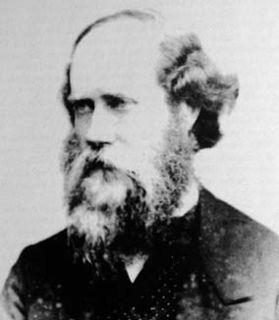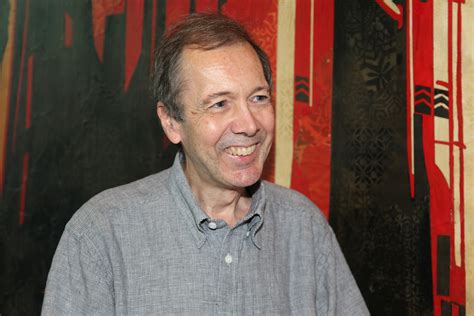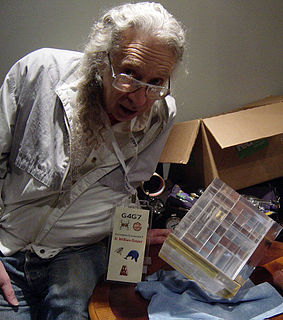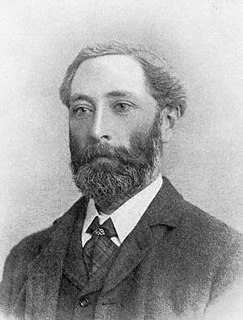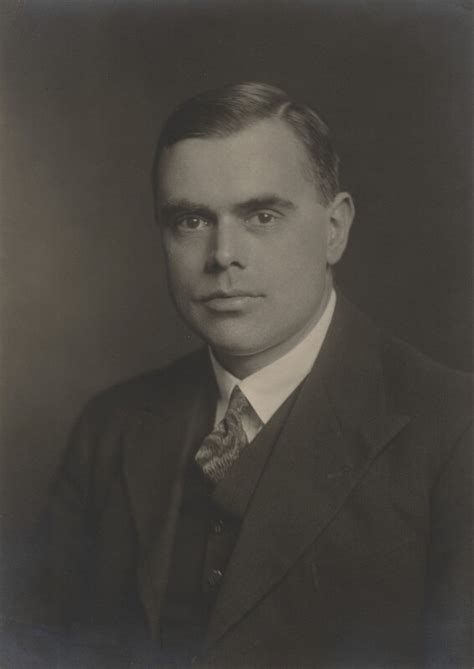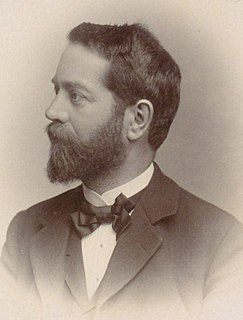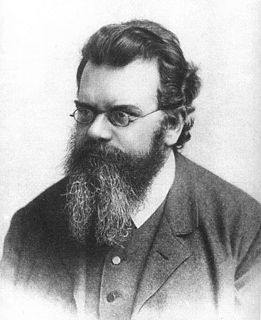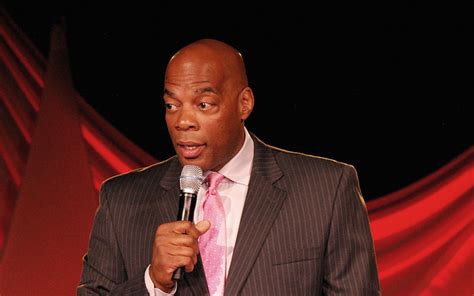A Quote by Henry John Stephen Smith
If we except the great name of Newton (and the exception is one that the great Gauss himself would have been delighted to make) it is probable that no mathematician of any age or country has ever surpassed Gauss in the combination of an abundant fertility of invention with an absolute vigorousness in demonstration.
Related Quotes
Perhaps the most surprising thing about mathematics is that it is so surprising. The rules which we make up at the beginning seem ordinary and inevitable, but it is impossible to foresee their consequences. These have only been found out by long study, extending over many centuries. Much of our knowledge is due to a comparatively few great mathematicians such as Newton, Euler, Gauss, or Riemann; few careers can have been more satisfying than theirs. They have contributed something to human thought even more lasting than great literature, since it is independent of language.
The analytical geometry of Descartes and the calculus of Newton and Leibniz have expanded into the marvelous mathematical method-more daring than anything that the history of philosophy records-of Lobachevsky and Riemann, Gauss and Sylvester. Indeed, mathematics, the indispensable tool of the sciences, defying the senses to follow its splendid flights, is demonstrating today, as it never has been demonstrated before, the supremacy of the pure reason.
It would seem as if the rulers of our time sought only to use men in order to make things great; I wish that they would try a little more to make great men; that they would set less value on the work and more upon the workman; that they would never forget that a nation cannot long remain strong when every man belonging to it is individually weak; and that no form or combination of social polity has yet been devised to make an energetic people out of a community of pusillanimous and enfeebled citizens.
